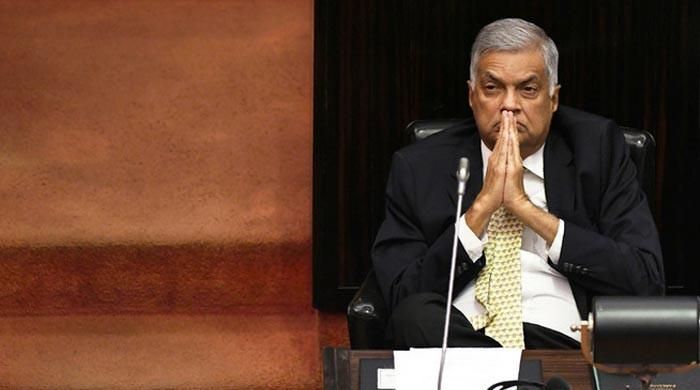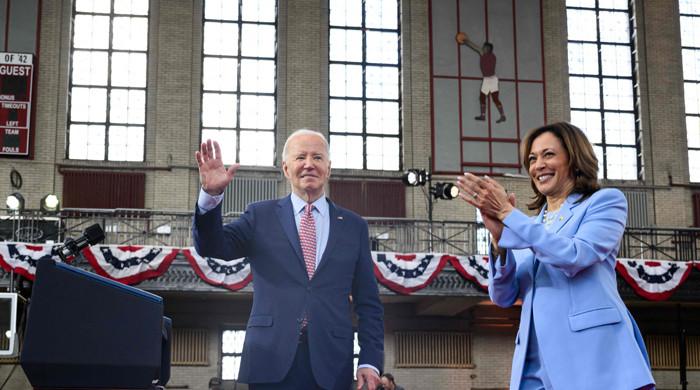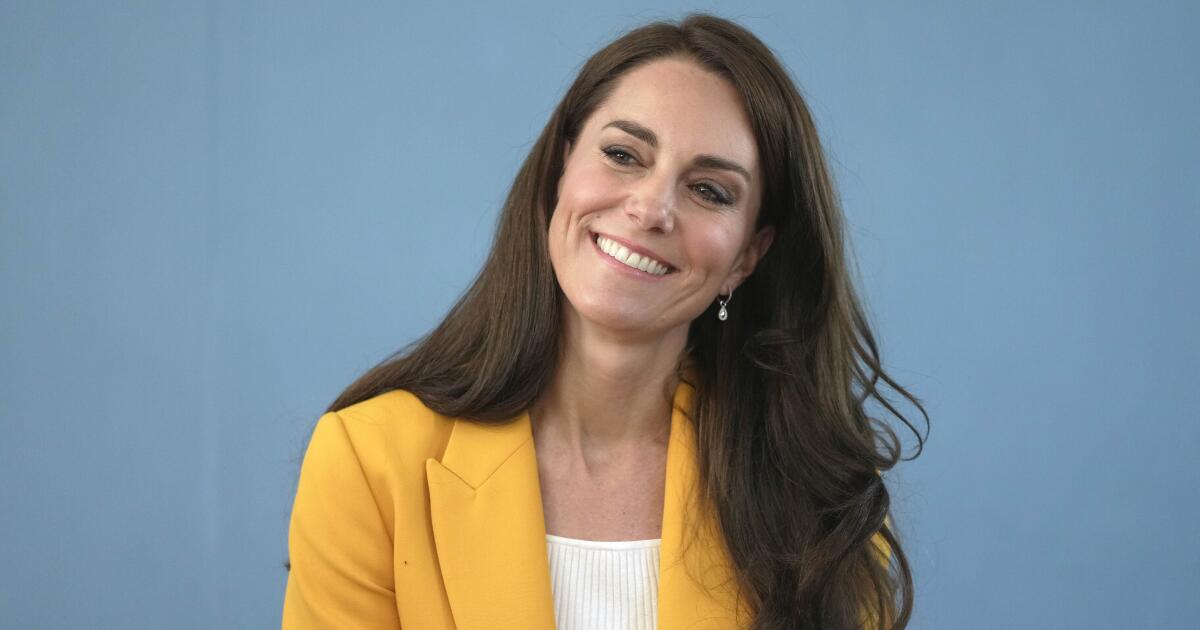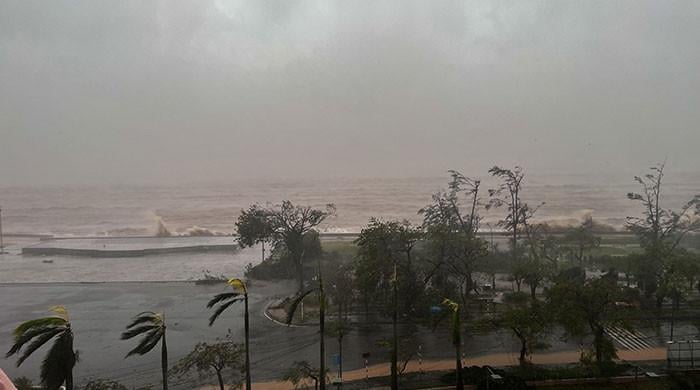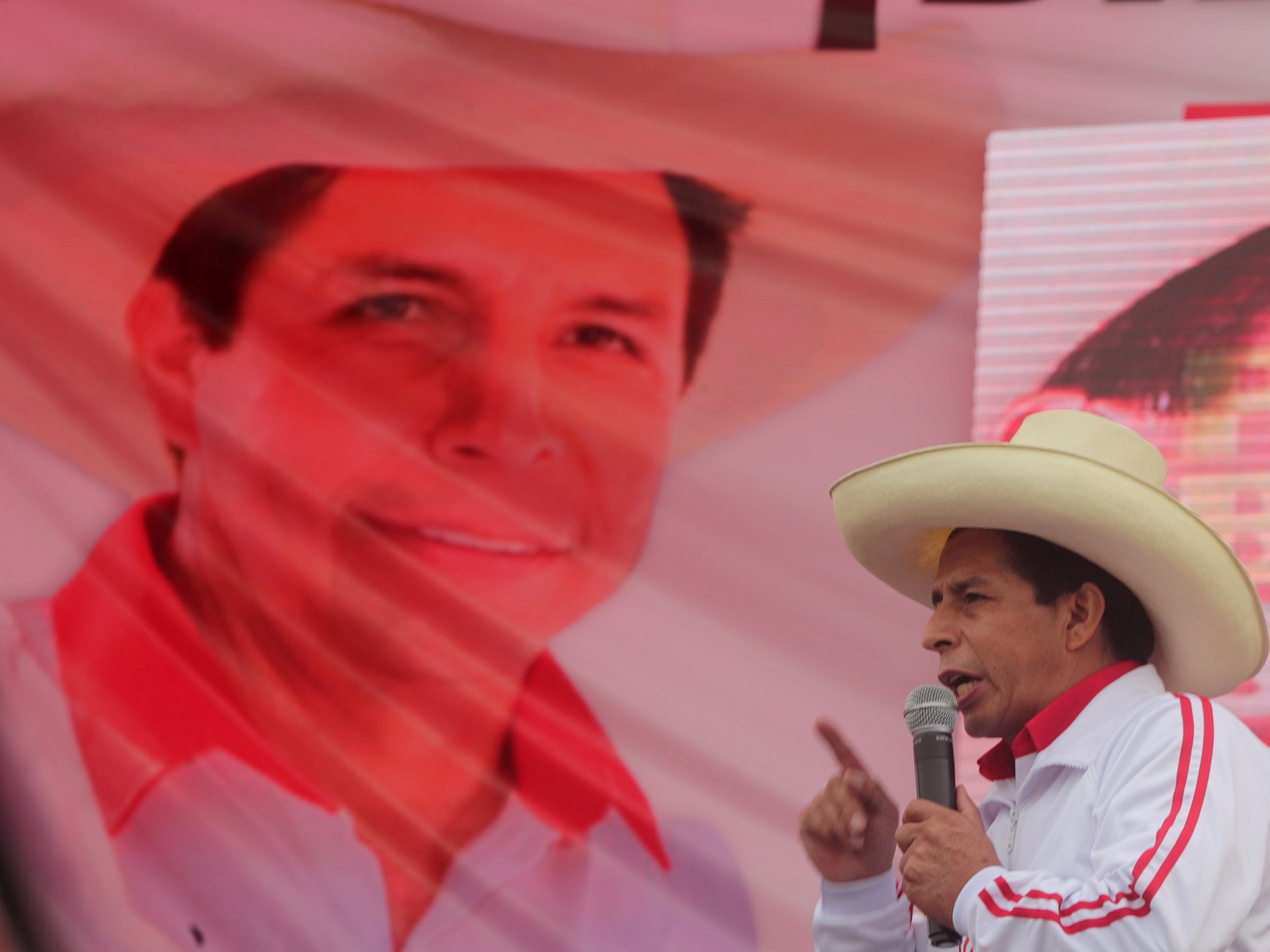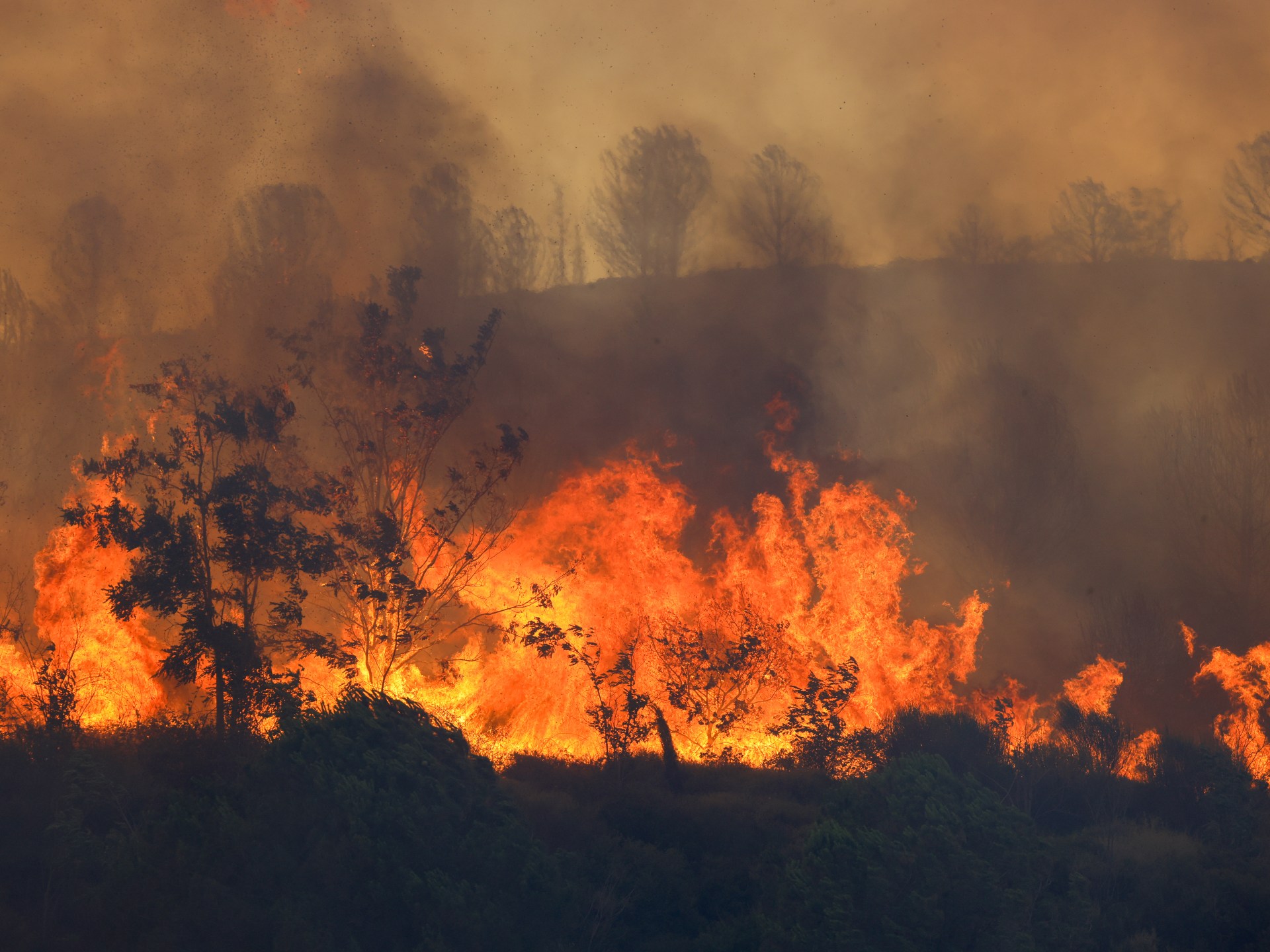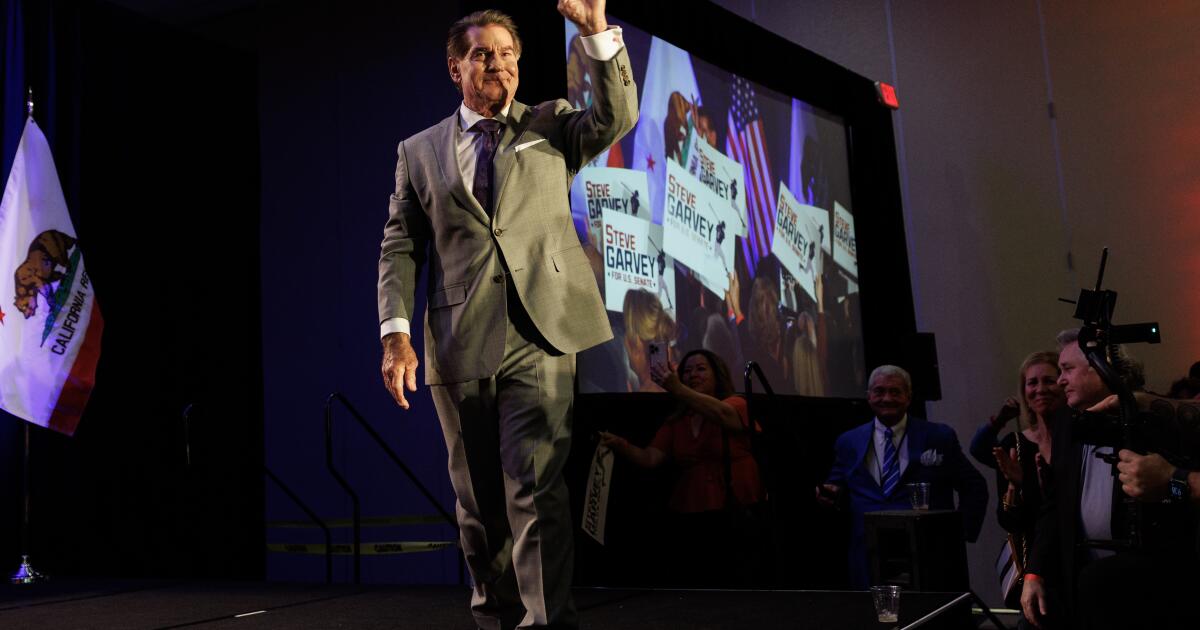- President Ranil Wickremesinghe is seeking another term.
- He takes credit for stabilising the economy and restoring calm.
- Experts warn that Sri Lanka's economy remains vulnerable.
COLOMBO: Cash-strapped Sri Lanka will vote on Saturday for its next president in a referendum on an unpopular International Monetary Fund (IMF) austerity plan enacted after the unprecedented financial crisis hit the island nation.
President Ranil Wickremesinghe, 75, is seeking another term after taking credit for stabilising the economy and ending months of shortages of food, fuel and medicine.
He has also restored calm to the streets after civil unrest sparked by the 2022 recession prompted thousands to storm the compound of his predecessor, who promptly fled the country.
“Think about the moment when all hope was lost… we had no food, no petrol, no medicine, no hope,” Wickremesinghe said in the final days of the campaign.
“Now you have a choice. Decide whether you want to return to the time of terror or progress.”
But Wickremesinghe's tax hikes and other tightening measures, imposed under the terms of a $2.9 billion IMF bailout, have left millions struggling to make ends meet.
Experts warn that Sri Lanka's economy remains vulnerable and payments on the island's $46 billion external debt have yet to resume since the government defaulted in 2022.
Wickremesinghe says he will press ahead with his austerity programme if elected and has warned that any deviation from the IMF's prescription will lead to further problems.
“The elections will largely be a referendum on how the Wickremesinghe government has handled the economic crisis and the resulting modest recovery,” the International Crisis Group said in a report this week.
He added that many citizens were suffering “enormous hardships at the same time as Colombo was cutting costs and taking other austerity measures that the public perceived as unfair.”
Rising Red Star
Wickremesinghe faces two formidable rivals, including Anura Kumara Dissanayaka, leader of a once-fringe Marxist party tarnished by its violent past.
The party led two failed uprisings in the 1970s and 1980s that left more than 80,000 people dead and won less than 4% of the vote in the last parliamentary elections.
But the Sri Lanka crisis has proved an opportunity for Dissanayaka, who has seen a surge in support based on his promise to change the island's “corrupt” political culture.
Analysts say he is likely to benefit from public anger over corruption scandals and chronic economic mismanagement that precipitated the crisis.
“There are a significant number of voters who are trying to send a strong message… that they are very disappointed with the way this country has been run,” said Murtaza Jafferjee of the Advocata think tank. AFP.
Opposition leader Sajith Premadasa, once dismissed as the crown prince of a former president assassinated in 1993 during the country's decades-long civil war, is also favored to make a strong appearance.
The 57-year-old, a former ally and deputy of Wickremesinghe until he stepped down as his former leader in 2020, has campaigned on a promise to win concessions from the IMF.
“We will review the unfair burden-sharing structure of the IMF-backed tax scheme that is forcing professionals to seek employment abroad,” Premadasa said in his manifesto.
Official data showed Sri Lanka's poverty rate doubled to 25% between 2021 and 2022, adding 2.5 million people to those already living on less than $3.65 a day.
The IMF said reforms were starting to pay off, with inflation down to below 5% from a peak of 70% at the height of the crisis and growth slowly returning.
“A lot of progress has been made, but the country is not out of the woods yet,” the IMF's Julie Kozack told reporters in Washington last week.
“It is important to safeguard these hard-won achievements.”

